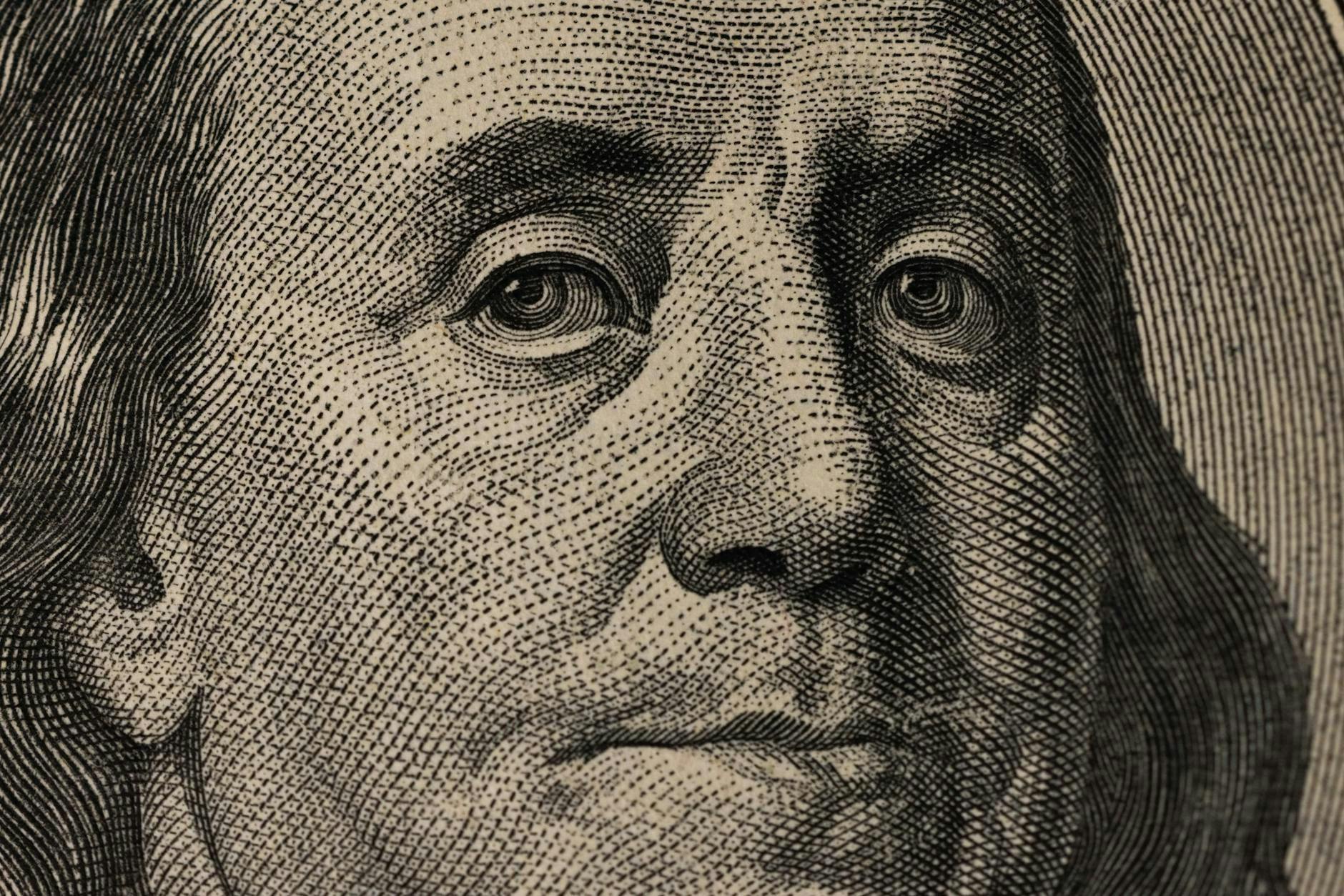Separating State and Money: Bitcoin as the New Wall Between Power and Freedom
by
August 20th, 2025
Audio Presented by
Remi Zeitoun is a Bitcoin maximalist and writer exploring the evolution of Bitcoin.
Story's Credibility

About Author
Remi Zeitoun is a Bitcoin maximalist and writer exploring the evolution of Bitcoin.
